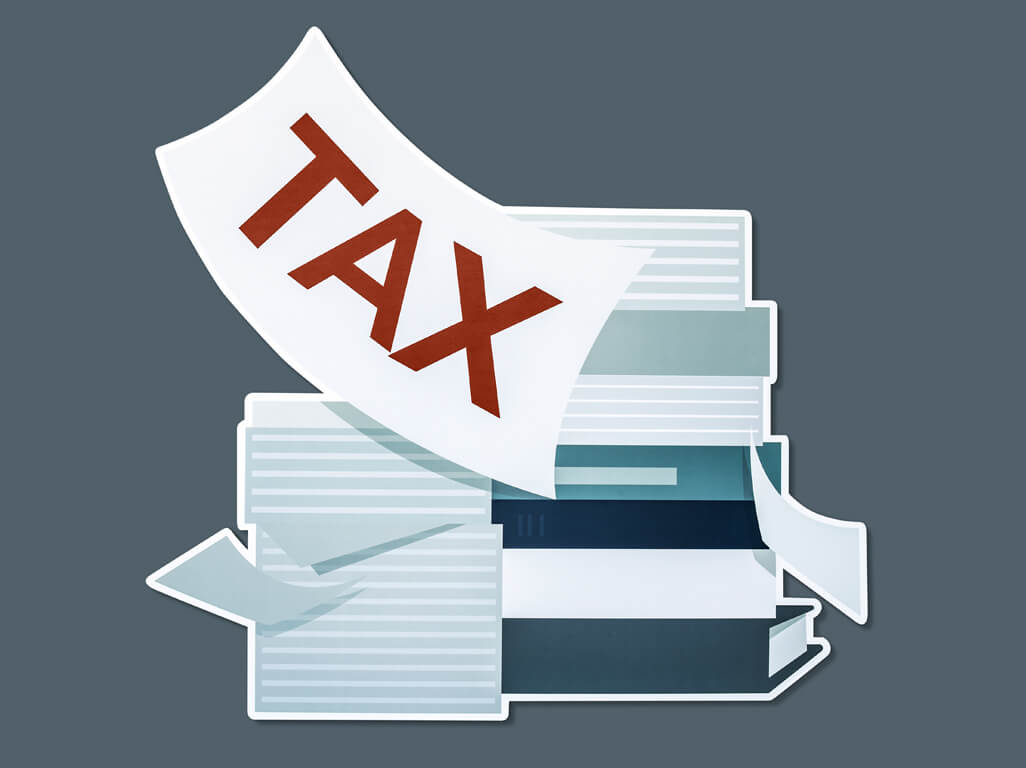Changes In Tax Slabs Imposed In Budget 2022
During the Union Budget 2022 speech, Finance Minister Nirmala Sitharaman announced a new tax law for taxpayers under which they can file amended reports on taxes within two years of the assessment year's end. The tax and duty ideas can simplify the tax system, encourage voluntary compliance by taxpayers, and eliminate litigation. There had been no suggested modifications to the income tax slabs or tax rates.
In fact, Union Budget 2022 proposed to lower the fee on cooperative societies from 12% to 7% for those with an aggregate income of more than one crore rupees to 10 crores. This would help in increasing the income of cooperative societies and their members, the majority of whom are from rural and farming communities.
Union Budget 2022
Finance Minister Mrs. Nirmala Sitharaman did not announce any changes to tax slabs 2022. This ruined the hopes of industrious salaried taxpayers. With no changes to the income tax India rates and slabs, an individual taxpayer will continue to pay the same tax rates regardless of the tax regime adopted for FY 2022-23. The fiscal year 2022-23 will begin on April 1, 2022.
Individual salaried taxpayers will have the option of continuing with the old tax regime and taking advantage of deductions/tax exemptions such as section 80C, 80D deductions, HRA, LTA tax exemptions, and so on or opting for the new tax regime and foregoing approximately 70 deductions and tax exemptions beginning April 1, 2022.
The new tax scheme has reduced tax rates compared to the old one. Individual taxpayers shall continue to pay tax under the same tax slab, with the same rates. They are also eligible for a tax credit of up to Rs 12,500. Individuals with net taxable income of up to Rs 5 lakh would effectively pay no income tax according to the tax slabs 2022, regardless of the tax regime they chose.
Finance Minister Mrs. Nirmala Sitharaman announced that the NPS (National Pension System) deduction for state government employees is increased from 10% to 14%, bringing them on a level with central government employees. Investment in the National Pension System (NPS) provides tax advantages under the Income-tax Act of 1961. Long-term capital gains would have a 15% surcharge on all assets, rather than a graded surcharge. Currently, this is only possible for listed shares and mutual fund units.
In addition, the Finance Minister proposed tax breaks for people with disabilities. She stated that parents or guardians could obtain insurance for their disabled children. The payment of an annuity or lump sum for a disabled individual will be excused during the person's lifetime, according to the finance minister.
However, according to experts, return filing must be simplified for the people whose salaries fall below this threshold. The government attempted to minimise the tax burden on individual taxpayers by instituting a new tax structure with no exemptions and lower tax rates. In fact, records reveal that it has not gained popularity, and paid individuals continue to choose the previous plan because it results in cheaper taxes in the majority of circumstances.
Conclusion
One of the most awaited tax reforms is allowing taxpayers to file an updated tax return to reflect any income that was omitted or to repair errors. Previously, if a taxpayer missed the deadline for filing an amended return, there was no legal system in place to self-report any income that was not subject to tax. Even if the taxpayer intended to declare income, he or she was exposed to lawsuits, interest, and penalties. This measure taken should help reduce tax disputes. It would also enhance trust between taxpayers and the department of income tax India.
One can access various wealth management courses available on different platforms to learn more about the tax slabs of Union budget 2022. These platforms provide certified wealth management courses in India, giving more information about the current tax slabs and their impact on people of various sections of society.
Share :


